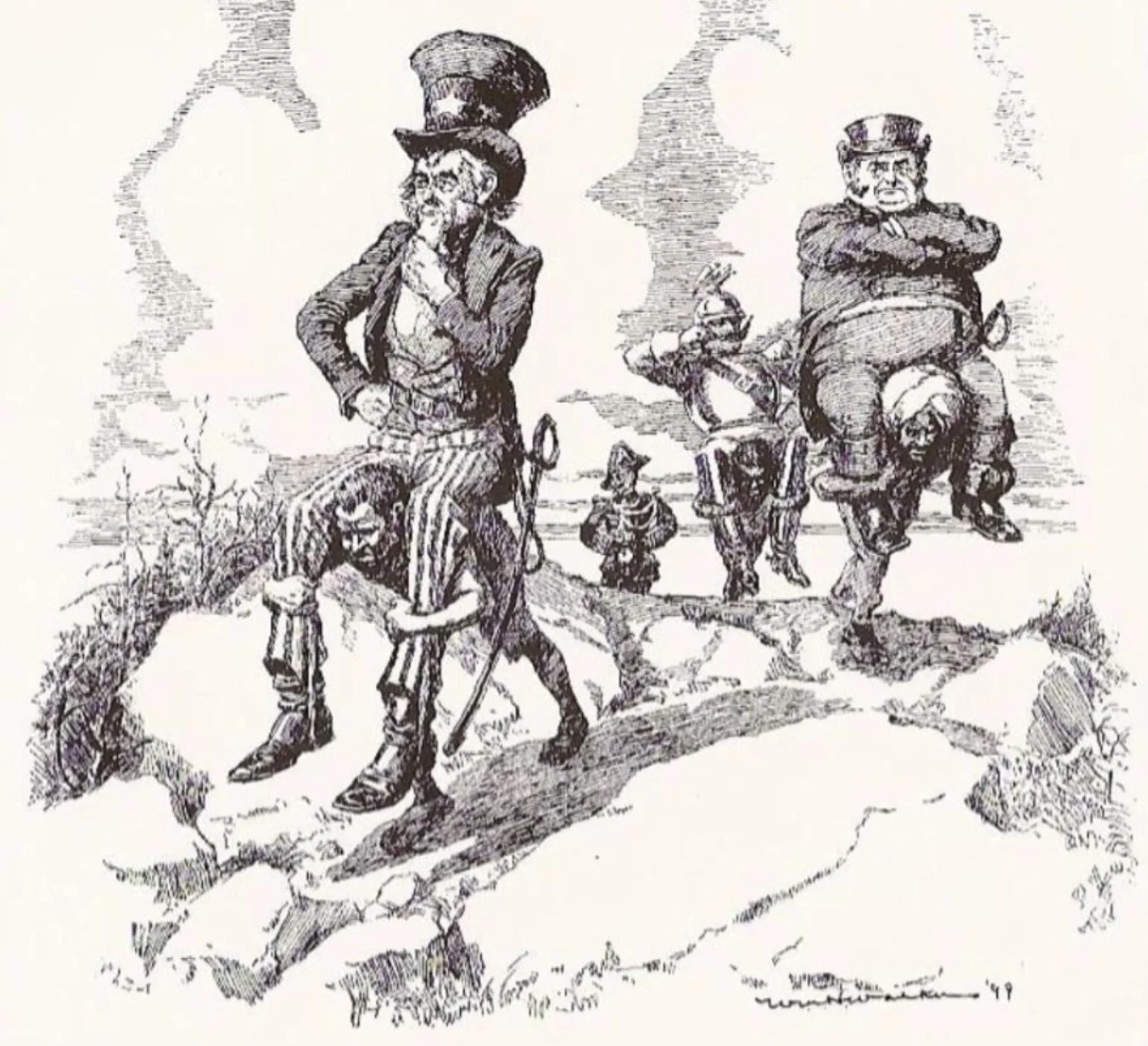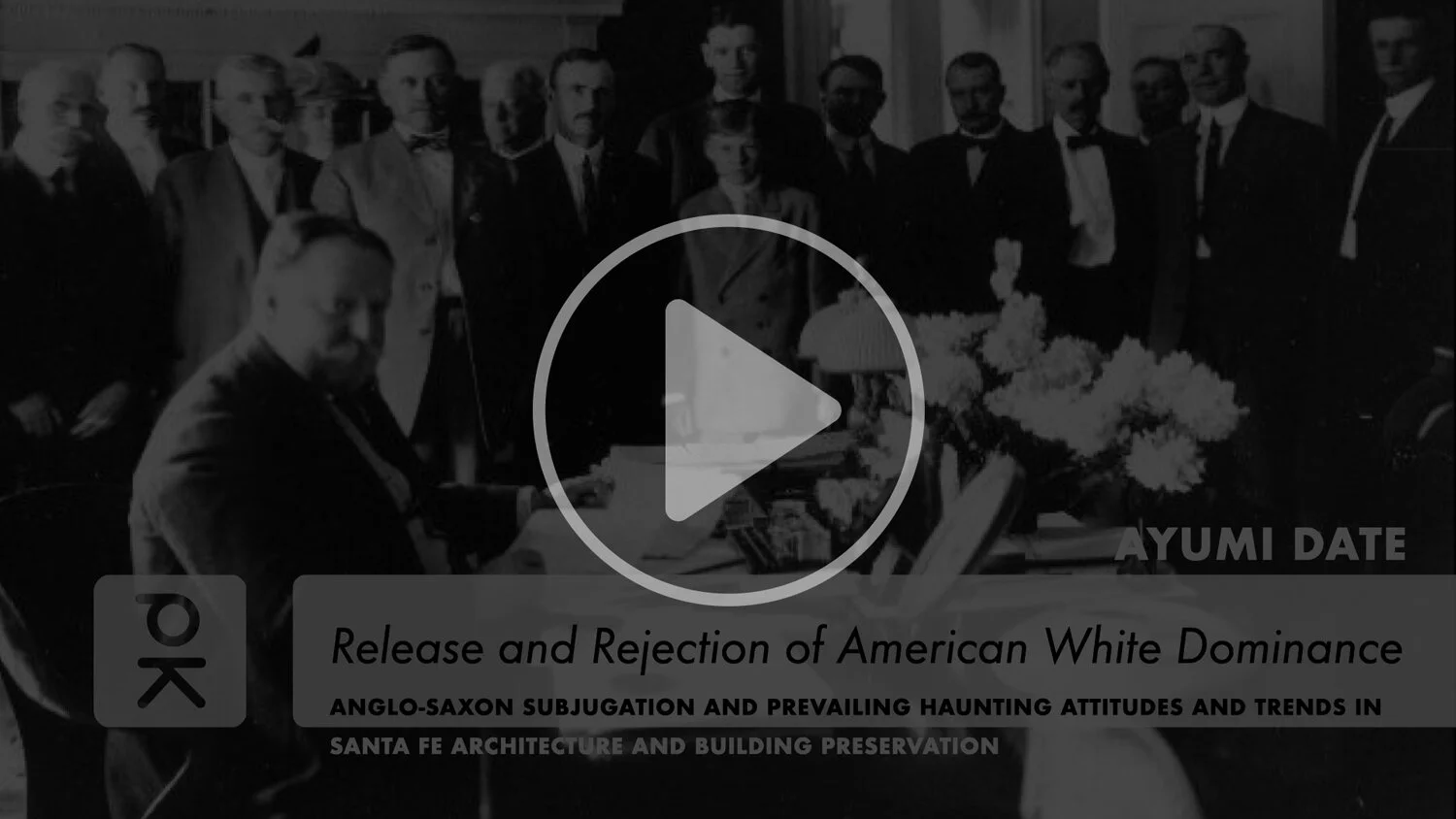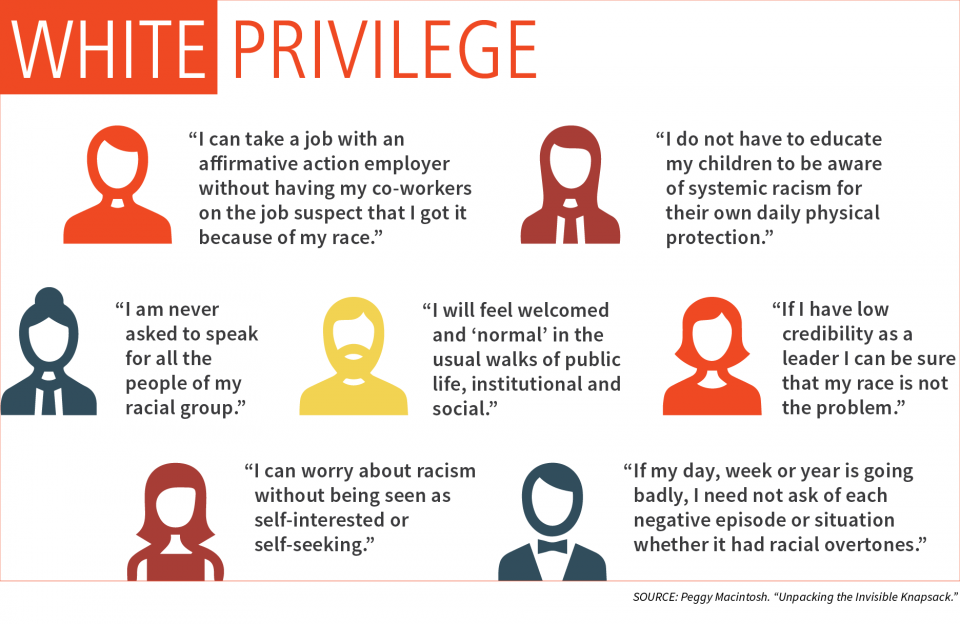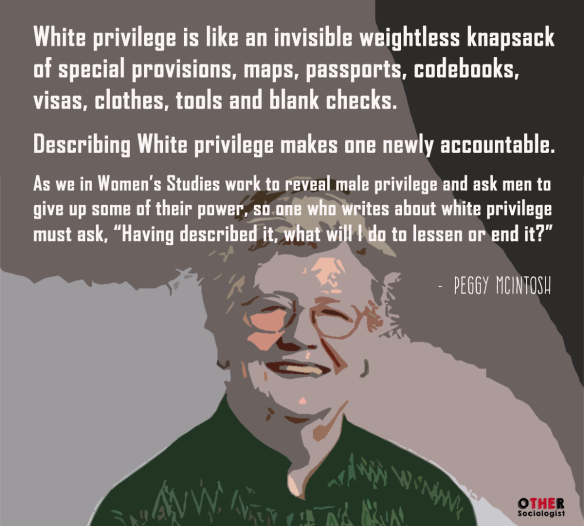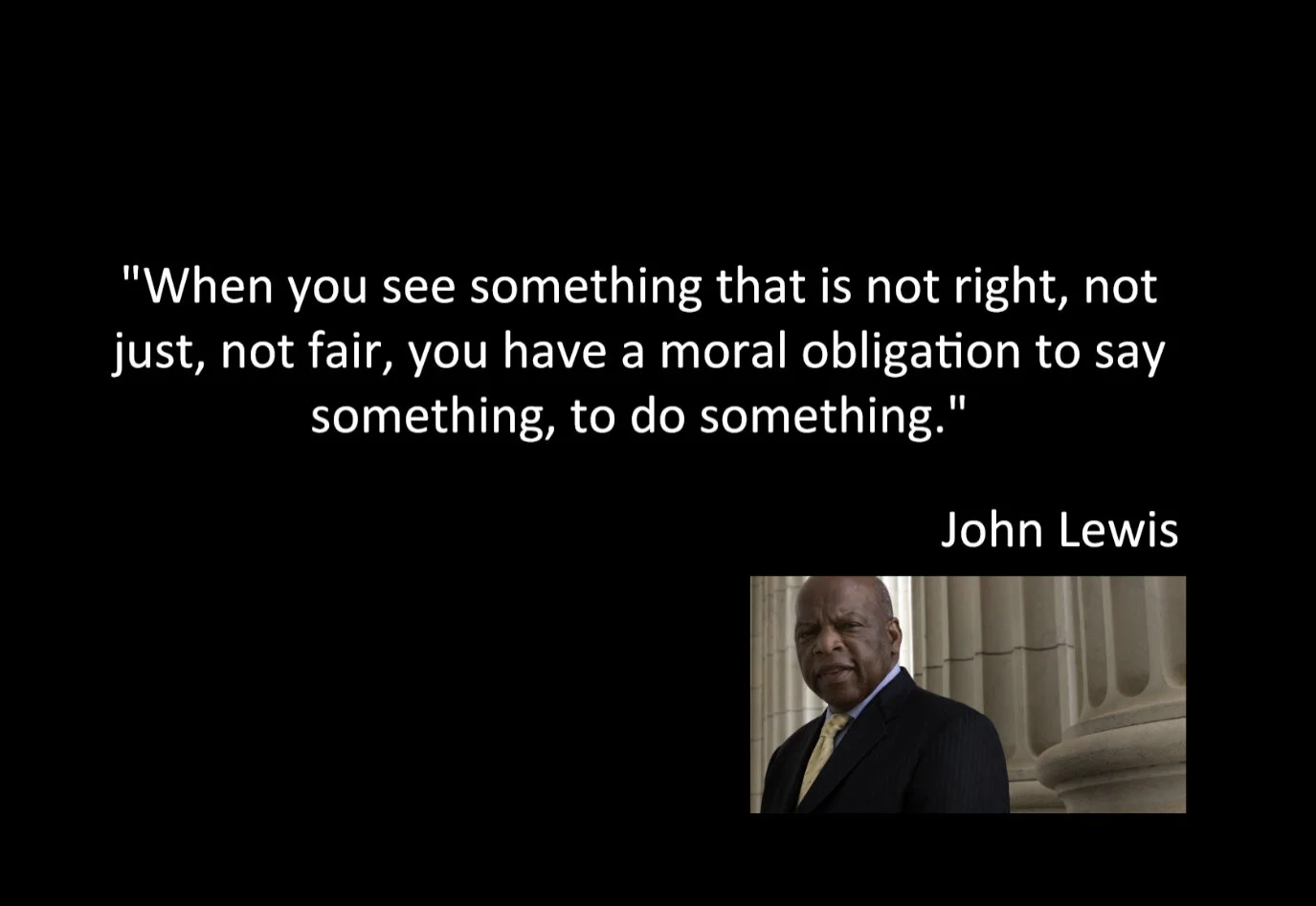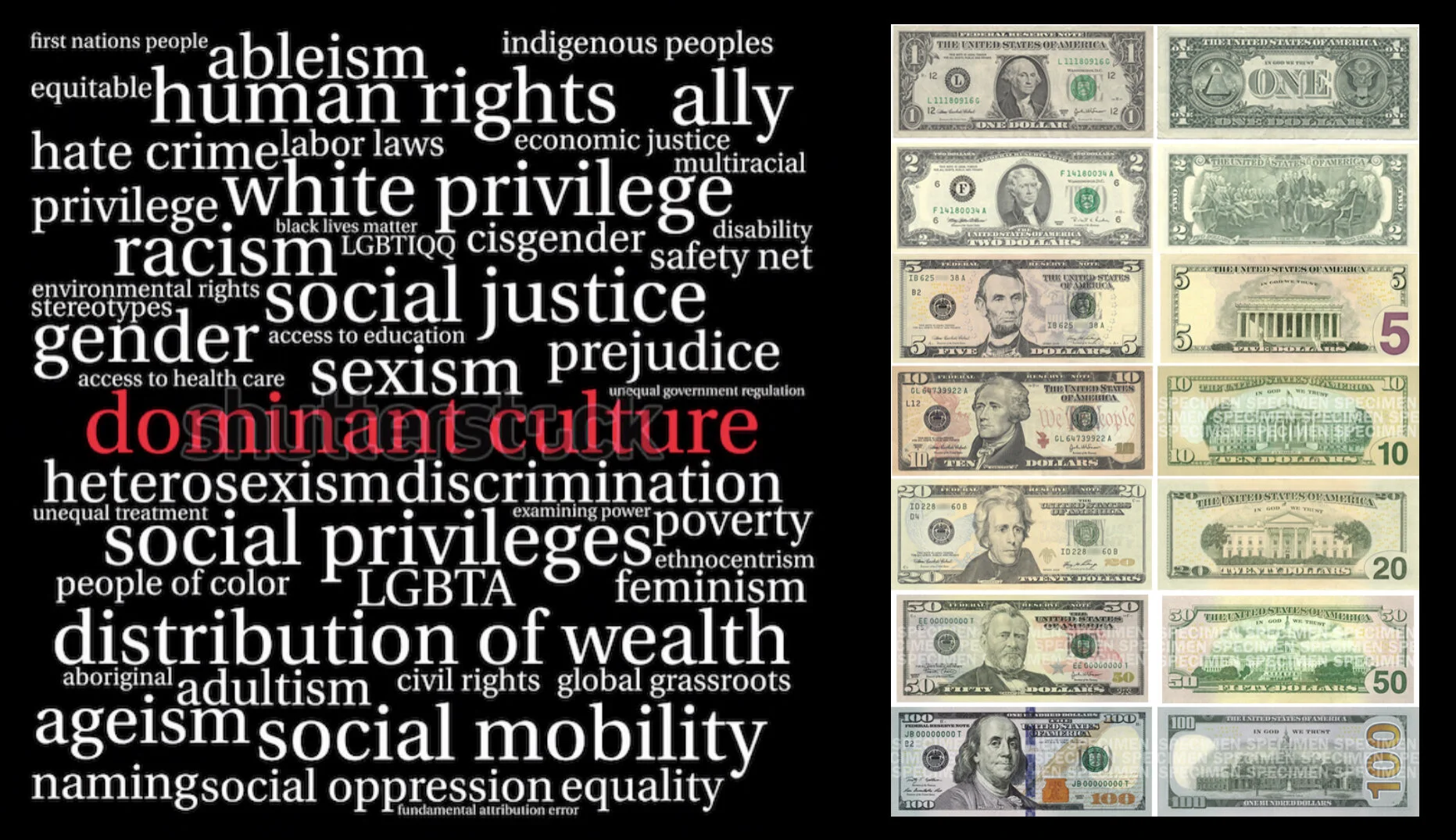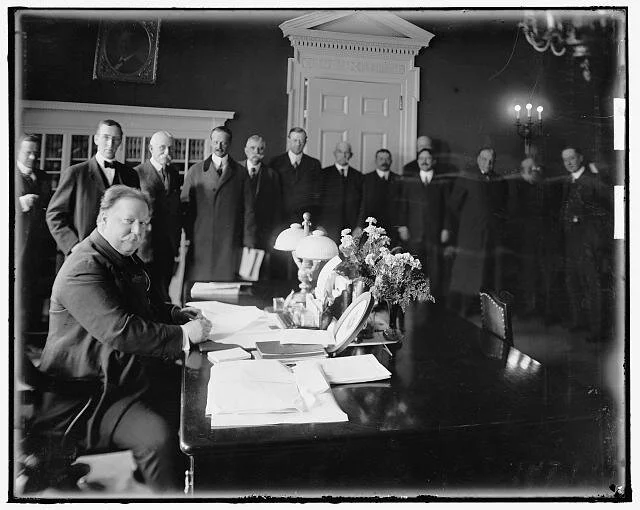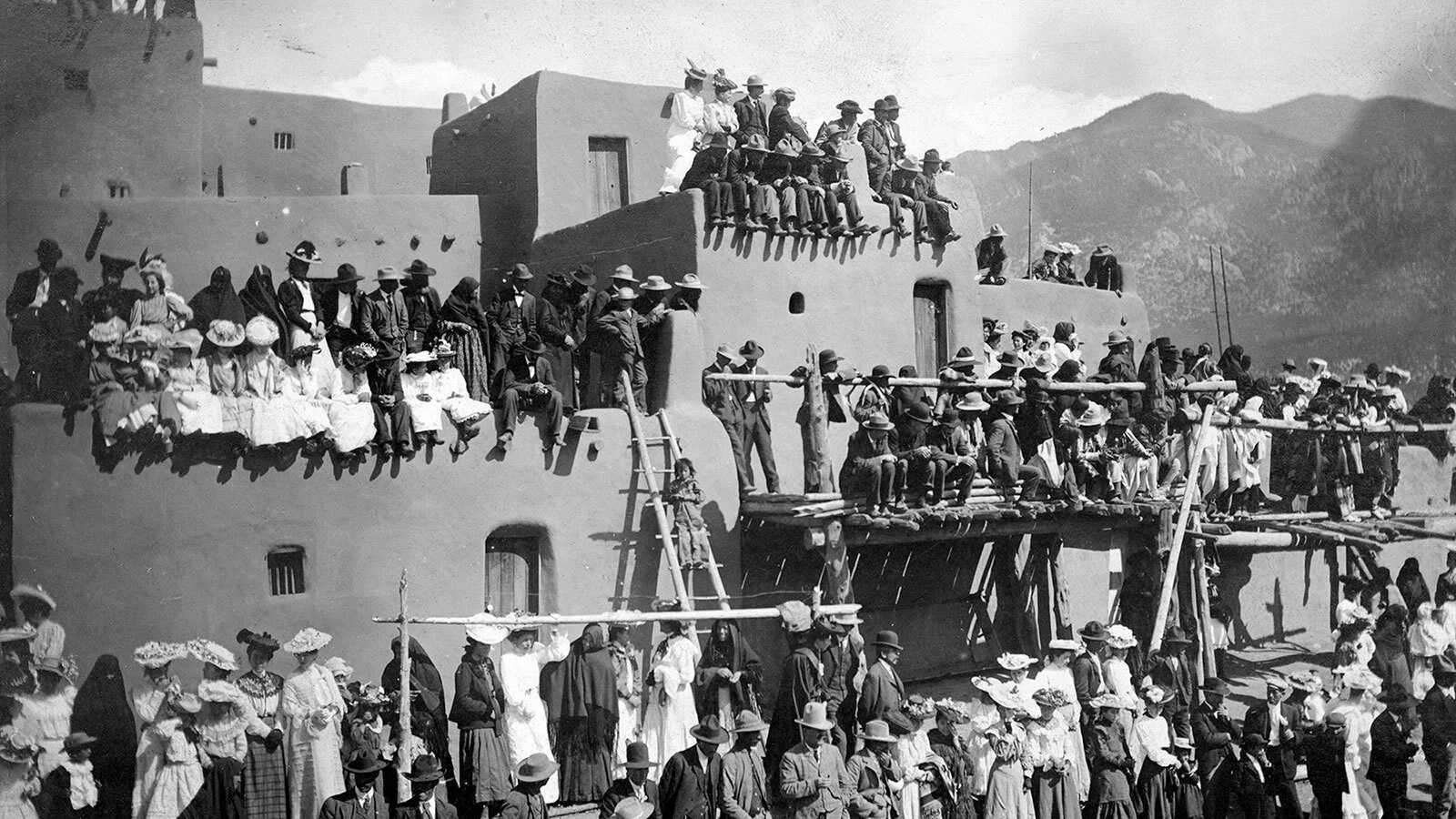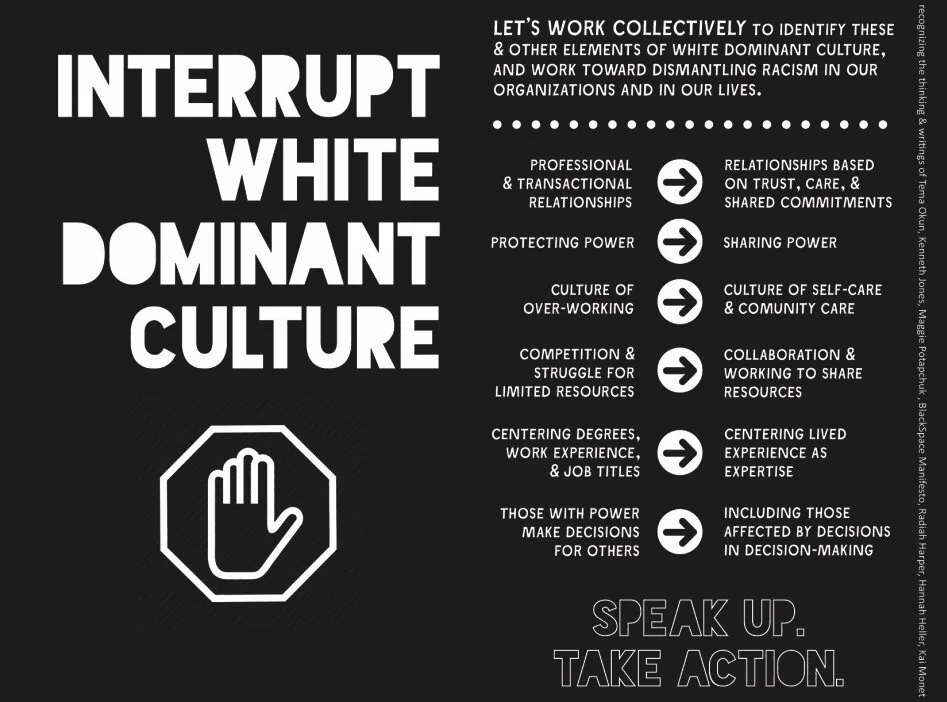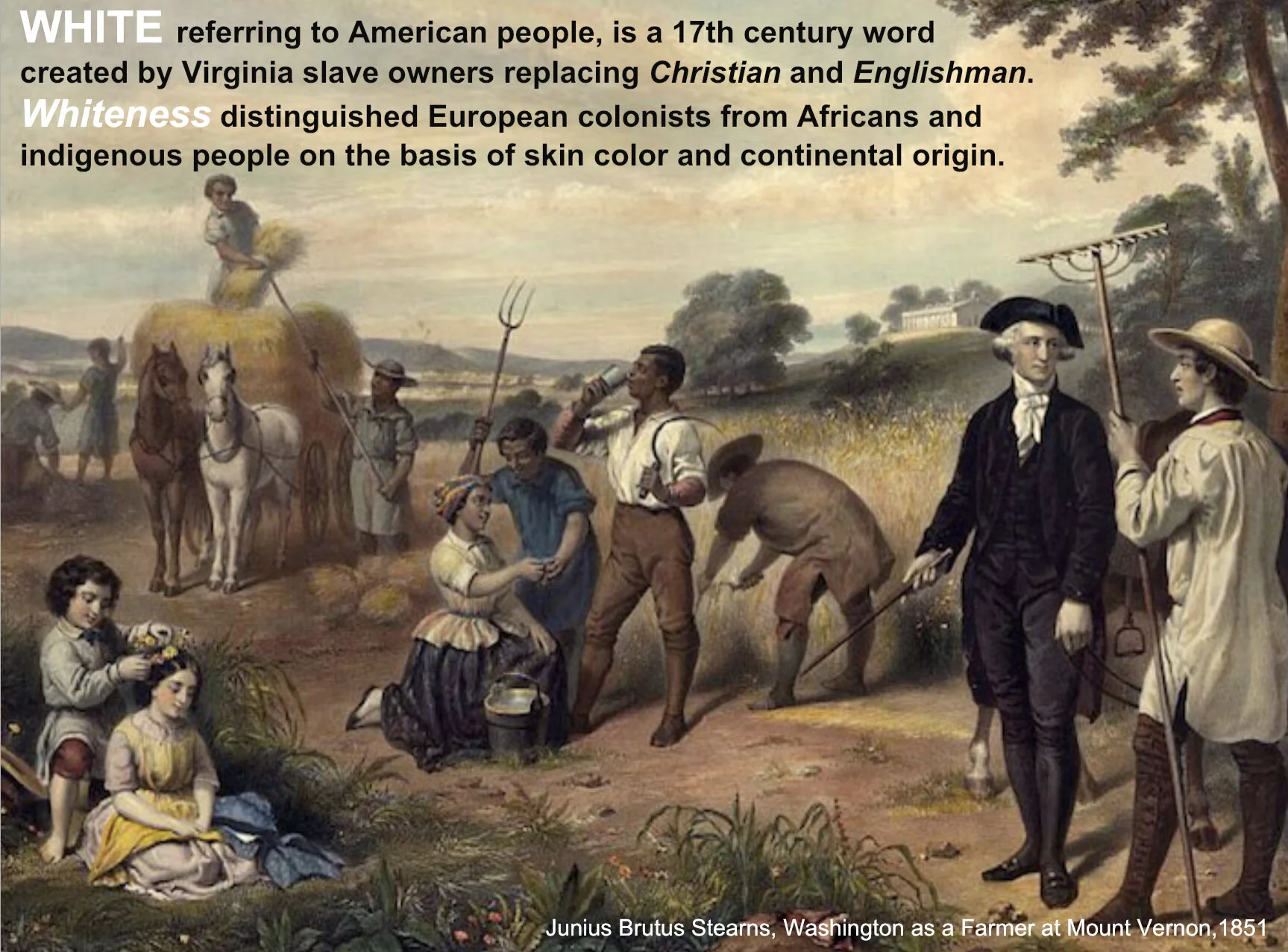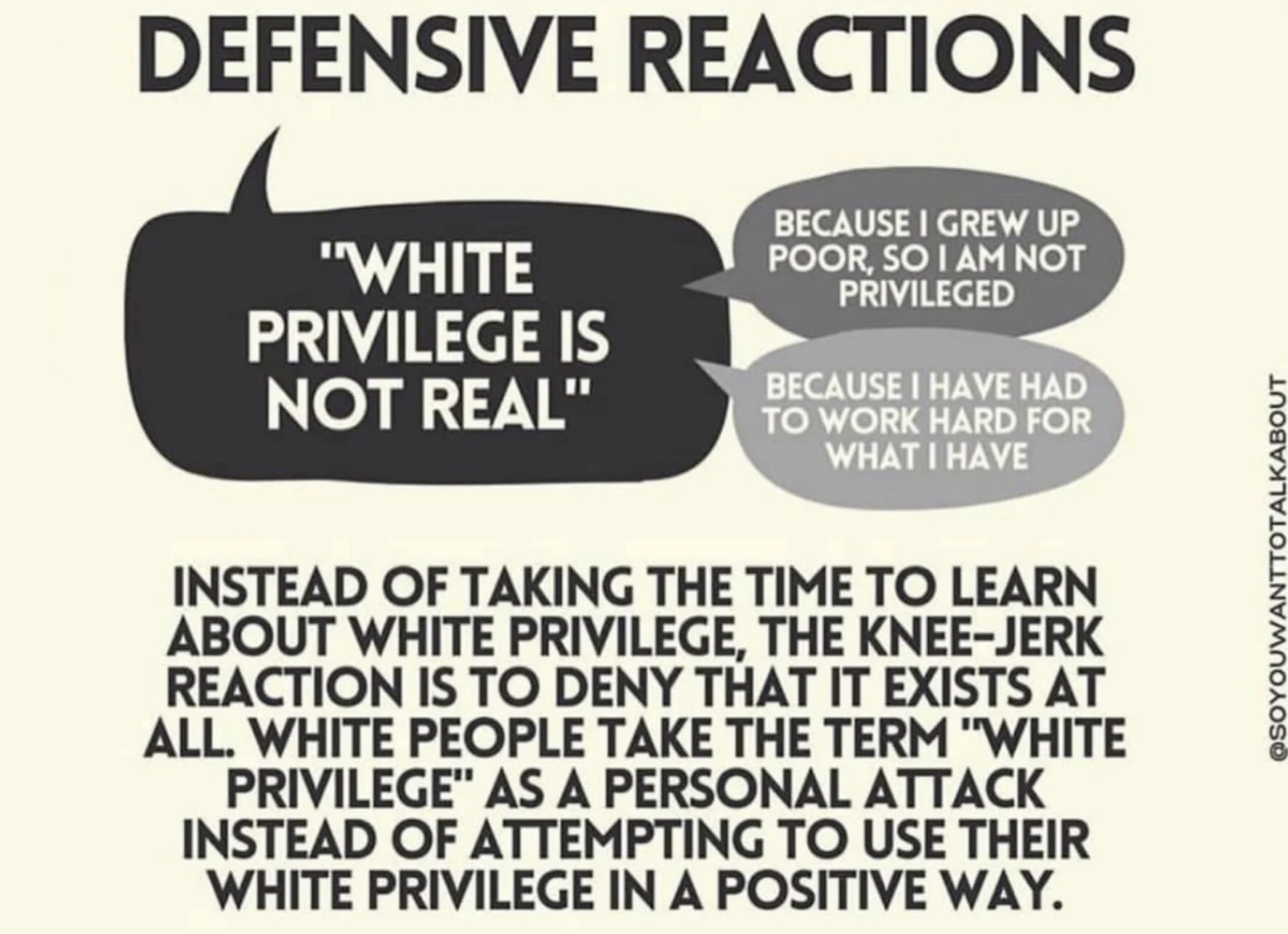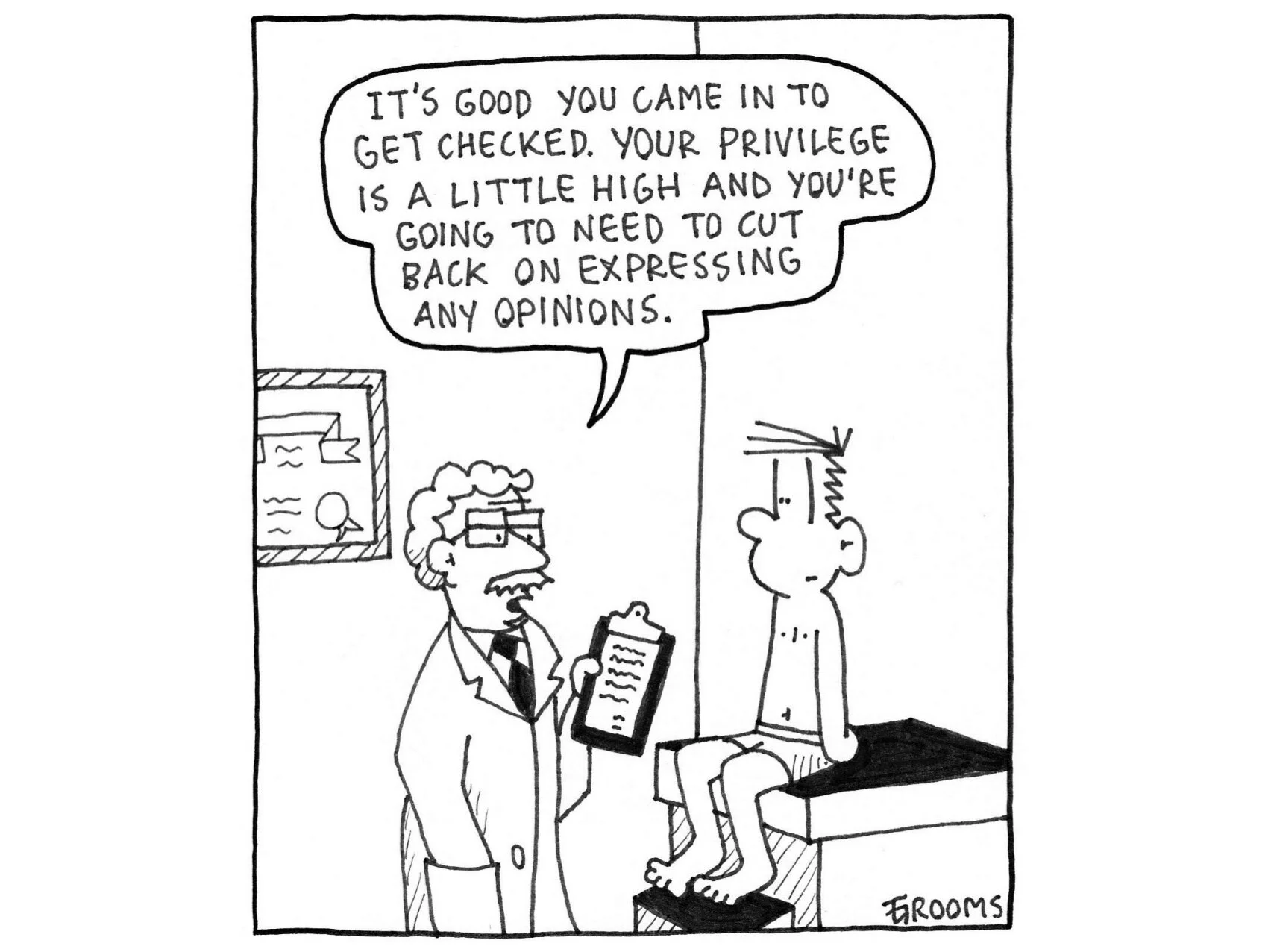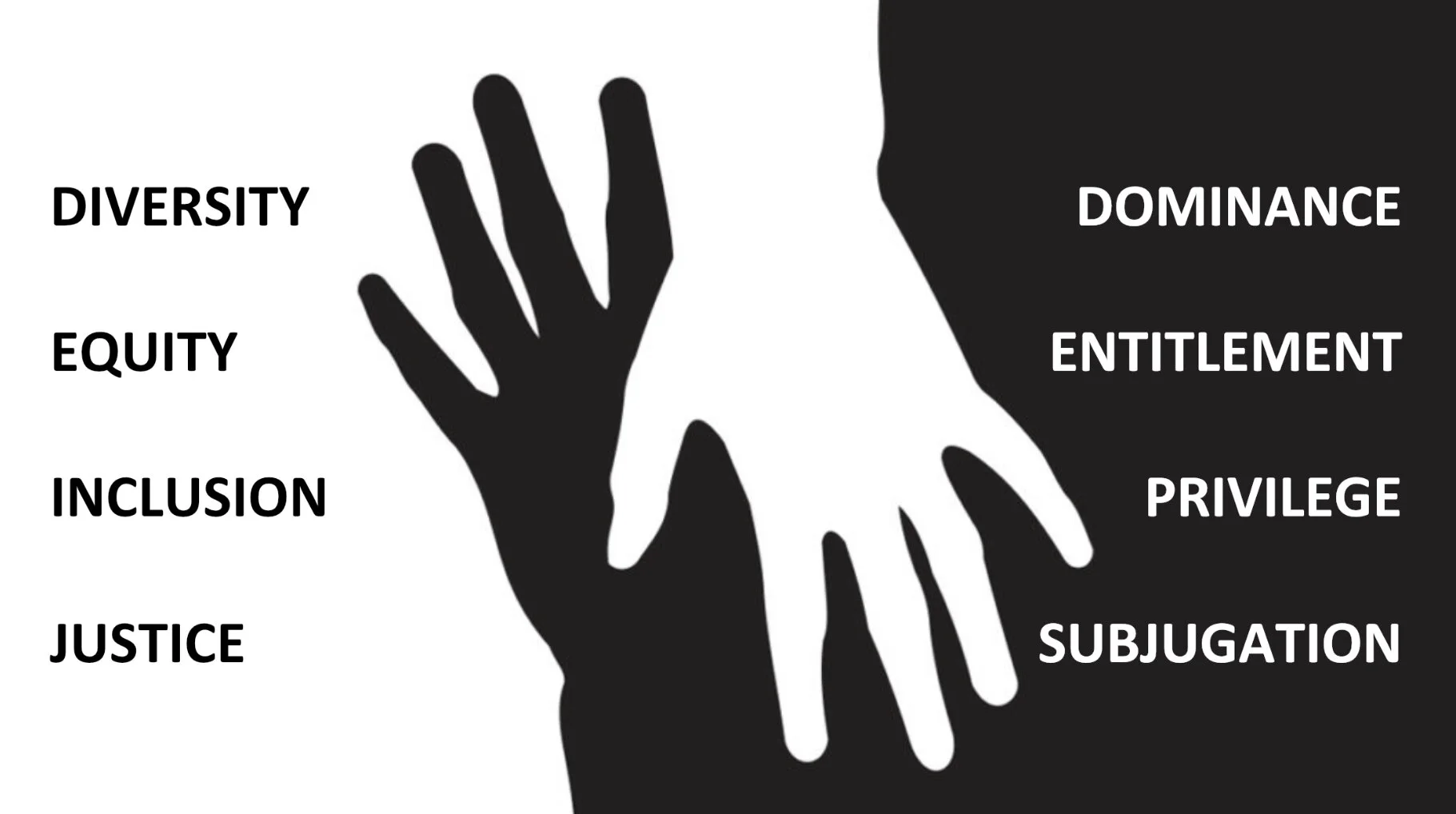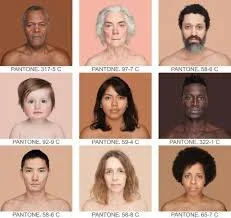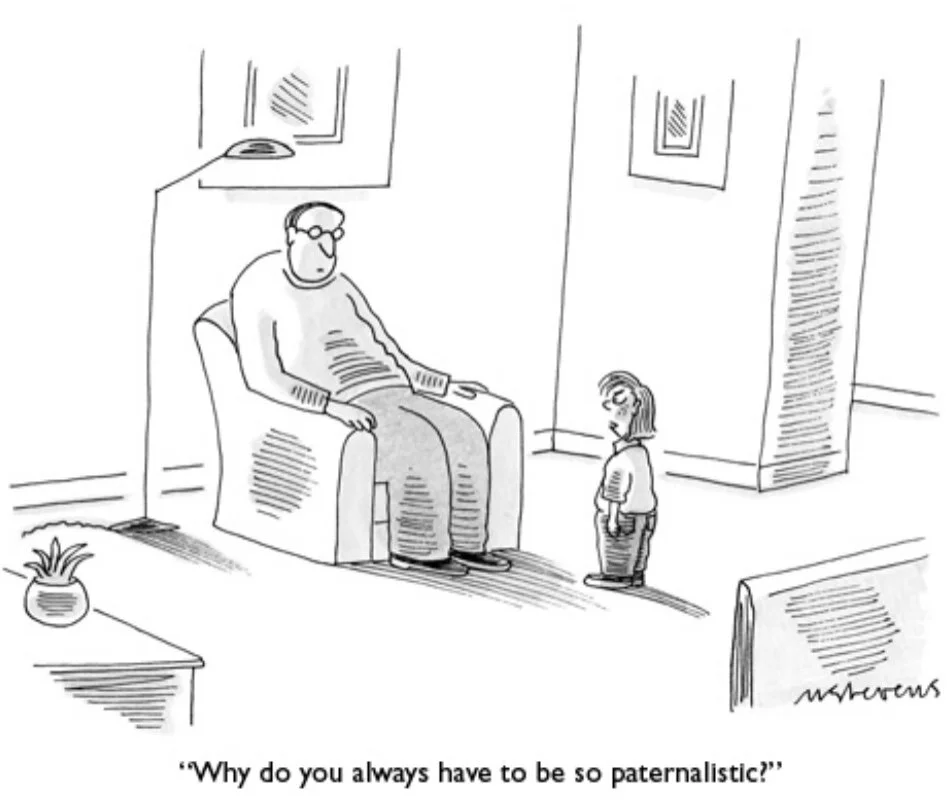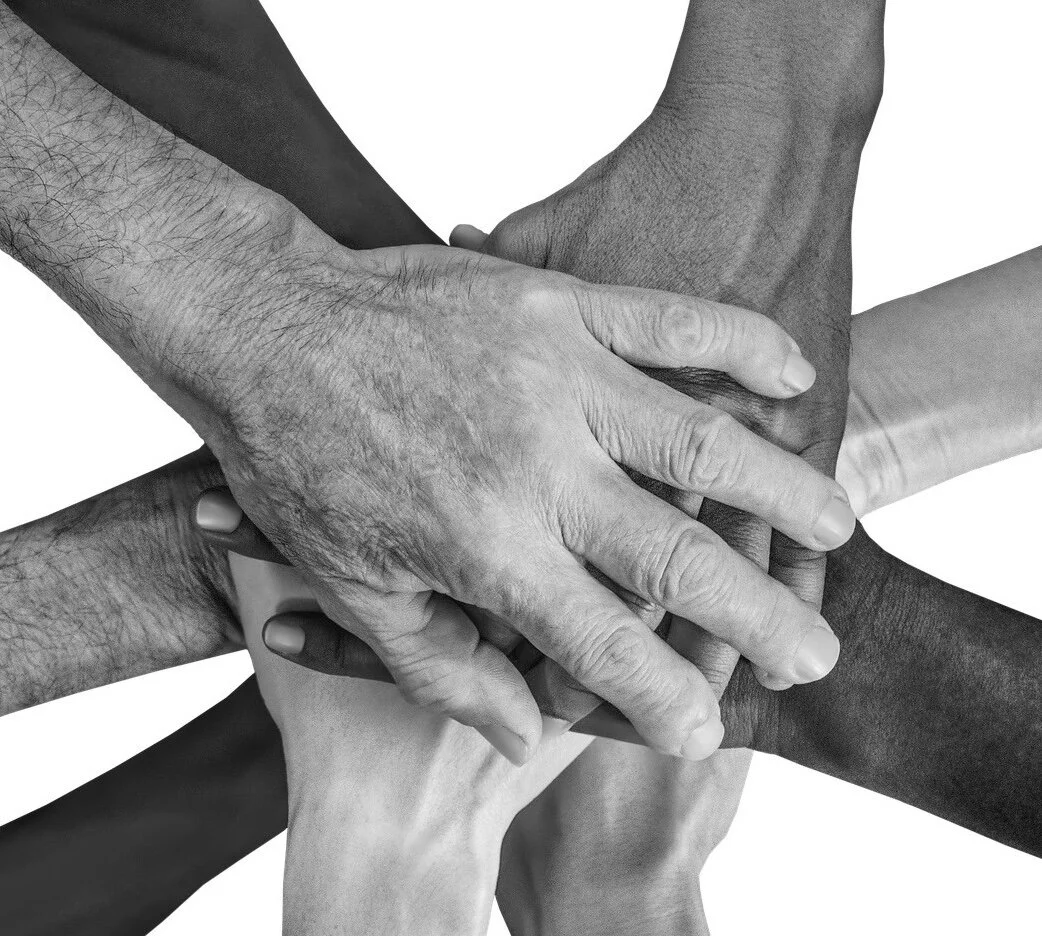Sensitivity
An Arabic word for sensitivity, hasasia (حساسية), translates into “each other’s sensitivities and vulnerability.” In Japan, there is a similar word aware (哀れ), expressing the same sentiment of deep awareness.
As designers, we are celebrated for our sensitivity. Our clients rely on us to help them reimagine their space and bring their desires into a reality. We hone our skills to marry materials, color, light, and textures to bring magic into the world. Every project I stewarded to success required a different type of sensitivity—one that I cultivated as the cultural translator for my Japanese mother. As a child, I became a keen observer of people (knowing their strengths and weaknesses) and listener (for things unsaid but wanted), and a problem solver (flexible and steady like water) to help achieve the desired outcomes.
Now in my early 50s, my sensitivity is heightened in an entirely different direction. Having garnered decades of career success and accolades in New York City, a city rich in diversity, I found myself within a strange and unfamiliar territory in Santa Fe, New Mexico. I felt unsafe, unwelcome and haunted by ghosts of the past. Not only have these things veered me off my directed and familiar path, but they have derailed me personally and my career as an architect. For a minority-majority state, never have I seen and felt such white dominance and white male privilege. Both take my breath away.
read more
Diversity, Equity and Inclusion. I have been hearing these words all my American life, perpetuating the idea or myth that we are all equal–including in regard to access and potential for success. This ignores the structural disparities of historically marginalized groups of people.
Words matter. They are a manual, written symbols by which a country or community expresses themselves. They form language, enabling human communication. Language is a form of human behavior.
We discovered that a misuse of a word can easily cause confusion, which leads to controversy and hostility. It is essential to achieve some degree of shared understanding, particularly when using common terms. The words that people use to discuss power, privilege, racism and oppression hold different meanings for different people. The quality of dialogue and discourse on race can be resolved and elevated. I believe our surroundings need to reflect our common human and authentic language.
Language can be used deliberately to engage and support community anti-racism alliances, or to enrage and divide them. Discussing definitions is important. We need to decide the extent to which we must have consensus and where it is okay for people to disagree. People at different stages of developing an analysis tend to attach different meanings to these words. When people are talking about racism, the words they use often come with emotions and assumptions that are not spoken and invisible.
I prefer to use the term dominance, not diversity. I reject dominance on my team. Humility is the ability and willingness to put the team’s interest ahead of any individual. Hunger is the desire to work hard, make a difference and get things done. To achieve equity and inclusion, entitlement and privilege are not welcome on my team. Like shoes, they are required to be left by the door before entering my home. When we reduce people to labels and not see them as human beings, we reflect this subjugation in the environments we create and promulgate. Identifying and eradicating subjugation, rather than the pursuit of justice is my team’s mission. In addition to being humble and hungry, I encourage my team to be sensitive to the environment and understand non-verbal cues. A good team understands and works with colleagues in a more sentient way.
My idea of justice is INTEGRATION.
- Let’s work COLLECTIVELY to identify these and other elements of white dominant culture, and work toward dismantling racism in our organizations in our lives.
- Let’s shift from a focus on professional and transactional relationships toward relationships based on trust, care, and shared commitments.
- Let’s move from protecting power to sharing power.
- Let’s change from a culture of over-working to a culture of self-care and community care.
- Let’s adapt from a competition and struggle for limited resources to a mindset of collaboration and working to share resources.
- Let’s defer away from prioritizing only degrees, work experience, and job titles toward a way of recognizing and centering lived experience
- Let’s transition from a place of those with power making decisions for others toward a place where we work to include those affected by decisions in the decision-making process.
We need to encourage others to reform the inherently white, patriarchal, bureaucratic organizational structures into a cohesive team, building non-dominant learning environments.

